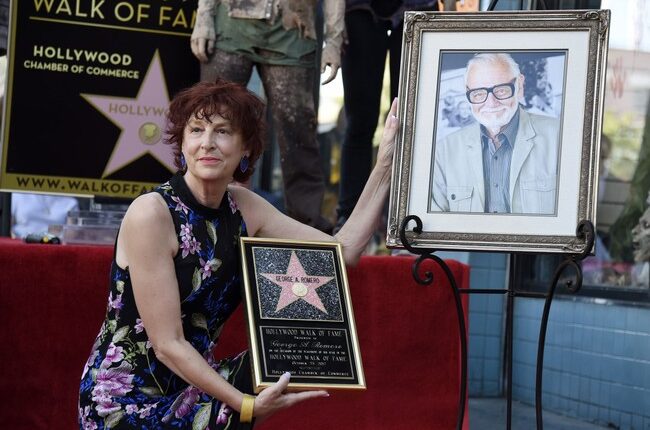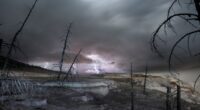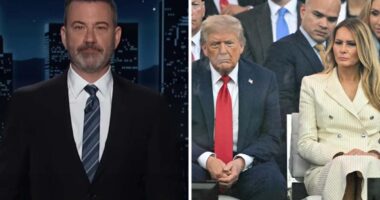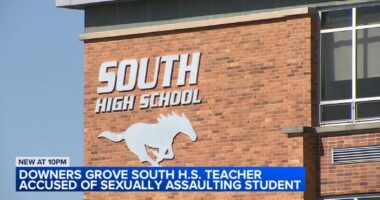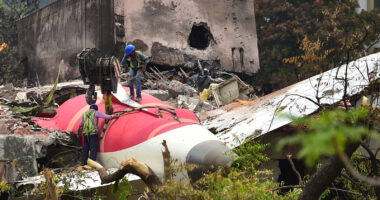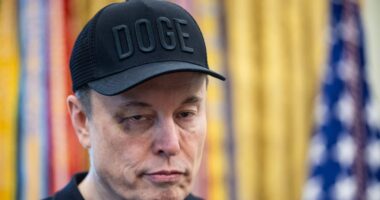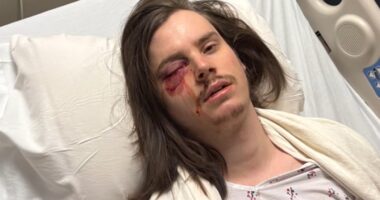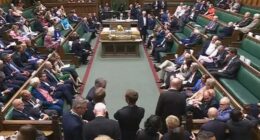
Before President Donald Trump was inaugurated, he named actor-writer-producer Sylvester Stallone, director-producer-actor Mel Gibson, and actor Jon Voight as Special Envoys to Hollywood. Trump announced the move in a January 16 post on Truth Social:
It is my honor to announce Jon Voight, Mel Gibson, and Sylvester Stallone, to be Special Ambassadors to a great but very troubled place, Hollywood, California. They will serve as Special Envoys to me for the purpose of bringing Hollywood, which has lost much business over the last four years to Foreign Countries, BACK—BIGGER, BETTER, AND STRONGER THAN EVER BEFORE! These three very talented people will be my eyes and ears, and I will get done what they suggest. It will again be, like The United States of America itself, The Golden Age of Hollywood!,
This wasn’t merely a symbolic gesture, and now Trump has taken it a step further. On Sunday, the president once again took to Truth Social to announce the second phase of this plan to Make Hollywood Great Again.
The Movie Industry in America is DYING a very fast death. Other Countries are offering all sorts of incentives to draw our filmmakers and studios away from the United States. Hollywood, and many other areas within the U.S.A., are being devastated. This is a concerted effort by other Nations and, therefore, a National Security threat. It is, in addition to everything else, messaging and propaganda! Therefore, I am authorizing the Department of Commerce, and the United States Trade Representative, to immediately begin the process of instituting a 100% Tariff on any and all Movies coming into our Country that are produced in Foreign Lands. WE WANT MOVIES MADE IN AMERICA, AGAIN!
A PEN America report detailed how Hollywood allows China to censor its films in order to have unrestricted distribution in the country and its territories. Documentary filmmaker Marlin Darrah discussed the challenges of filming in foreign lands:
“Communist countries are very difficult to do this type of filming in. For example, Russia would be very challenging because of not knowing who to pay off, and which permits we must get from the local government. Sometimes you must pay off police or secret police even. China also would be very difficult to shoot a feature film in because it is a Big Brother society watching over you. There are cameras everywhere and you will be spotted by officials or police if you try to do something guerilla-style. So, you will have to coordinate very closely with the government to shoot a movie in China. Then you risk it taking a long time and possibly being denied because of censorship issues.
Regulation, local restrictions, and the high cost of doing business in Los Angeles have driven Hollywood filmmakers out of the state of California, and some of them take the additional risk of filming overseas in order to get the job done. Just as Georgia and South Carolina have built-in incentives to attract film production to their borders, Trump is attempting to use tariffs as an incentive to keep film production within the borders of the United States.
